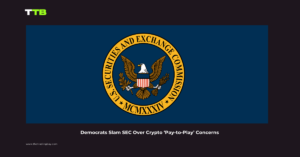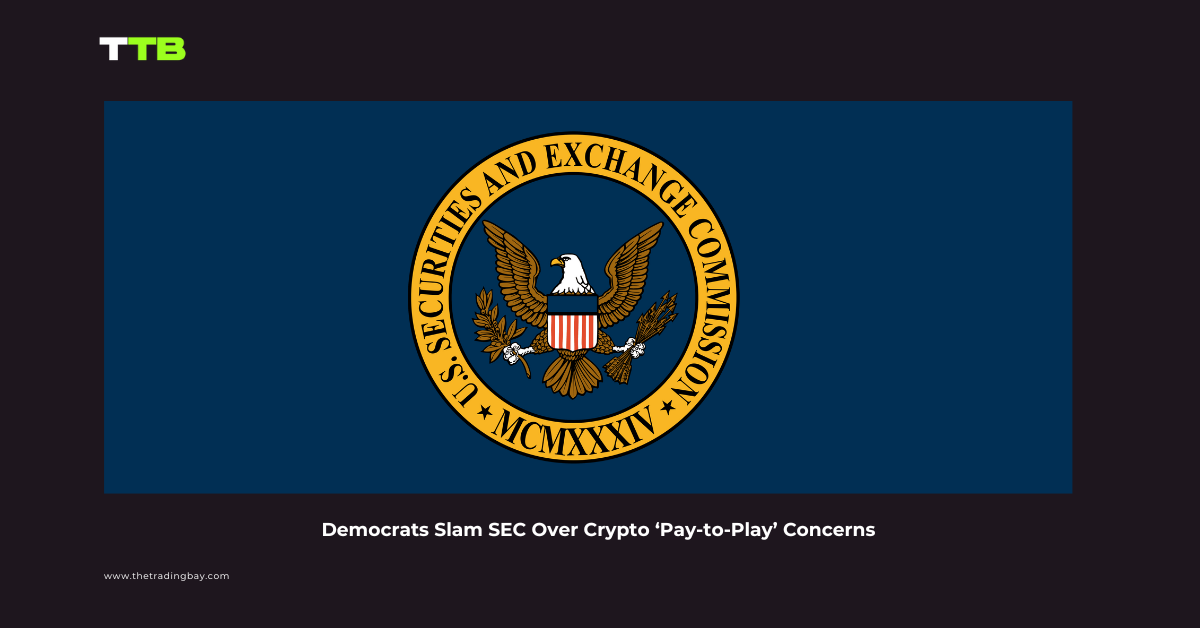The Indian Financial Intelligence Unit (FIU) has imposed a hefty fine of INR 188.2 million (approximately $2.2 million) on Binance, the world’s largest cryptocurrency exchange. The penalty is for failing to comply with anti-money laundering (AML) regulations, signaling India’s heightened scrutiny and enforcement of virtual digital asset service providers (VDASPs) under the Prevention of Money Laundering Act (PMLA) of 2002.
Binance faces this fine amidst a broader landscape of regulatory challenges globally. Concurrently, the exchange is also contesting a $4.4 million penalty by Canada’s financial watchdog.
Binance Navigates Global Regulatory Challenges
The Director of FIU-India concluded that Binance operated within the country without adhering to statutory obligations under the PMLA. This decision followed a thorough review of Binance’s submissions, leading to the enforcement action. The order mandates Binance to significantly bolster its compliance protocols in line with the PMLA and its 2005 rules, designed to curb money laundering and terrorist financing activities.
This penalty is a part of a broader initiative to ensure international cryptocurrency exchanges align with local regulations. Notably, Binance and KuCoin were recently acknowledged as the first offshore crypto entities registered with FIU-India, marking a critical step in a sector where stringent AML compliance is imperative.
The push for registration intensified post-December 2023, following notices issued by FIU-India to nine offshore crypto exchanges, including Binance. In a coordinated effort, Apple removed non-compliant platforms from its App Store, and the Ministry of Electronics and Information Technology blocked their websites, urging users to migrate to compliant Indian exchanges.
Canada’s Regulatory Scrutiny Adds to Binance’s Challenges
Simultaneously, Binance is appealing a $4.4 million fine imposed by the Financial Transactions and Reports Analysis Centre of Canada (Fintrac). The agency cited Binance for failing to register as a foreign money services business and not reporting large virtual currency transactions. Binance contends that its Canadian operations were minimal and incidental to its global presence, hence the appeal.
This Canadian penalty follows a series of regulatory confrontations for Binance. The exchange recently agreed to a significant $4.3 billion settlement with the United States authorities over AML and sanctions violations. Additionally, last year, Binance opted to exit the Canadian market, further highlighting its regulatory struggles across various regions.
Strengthening Compliance Amid Global Pressures
Binance’s regulatory hurdles underscore the growing demands for compliance within the cryptocurrency sector. The enforcement actions by India and Canada reflect a global trend where authorities are tightening their grip on cryptocurrency exchanges to prevent illicit activities. This shift is critical for maintaining the integrity of the financial system and protecting consumers from fraud and financial crimes.
Binance, being one of the largest and most influential players in the cryptocurrency market, is under significant pressure to meet these compliance standards. The exchange’s ability to navigate these regulatory landscapes effectively will be crucial for its continued dominance and reputation in the market.
The fines and penalties imposed by various countries are not merely punitive but also serve as a stark reminder of the importance of adhering to AML regulations. For Binance, enhancing its compliance frameworks and ensuring robust mechanisms to detect and prevent money laundering and terrorist financing will be vital steps forward.
Future Implications for the Cryptocurrency Sector
The enforcement actions against Binance could have far-reaching implications for the broader cryptocurrency industry. As regulators worldwide tighten their AML regulations, other cryptocurrency exchanges might face similar scrutiny and penalties. This could lead to a more regulated and transparent industry, fostering greater trust among users and investors.
For cryptocurrency exchanges, the key takeaway is clear: compliance with local and international regulations is non-negotiable. The actions taken by Indian and Canadian authorities set a precedent, emphasizing that even the largest players in the market are not immune to regulatory oversight.
As Binance works to enhance its compliance protocols, it sets a benchmark for other exchanges to follow. The exchange’s experiences could serve as a valuable lesson for the entire industry, highlighting the importance of proactive compliance and robust internal controls.
In conclusion, Binance’s fines from India and Canada reflect the increasing regulatory pressures on cryptocurrency exchanges. As the industry matures, the emphasis on compliance and transparency will only grow, shaping the future of digital assets and their role in the global financial system.












